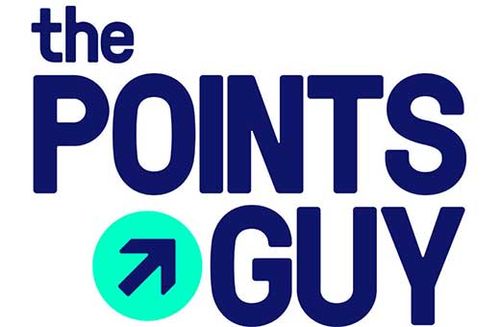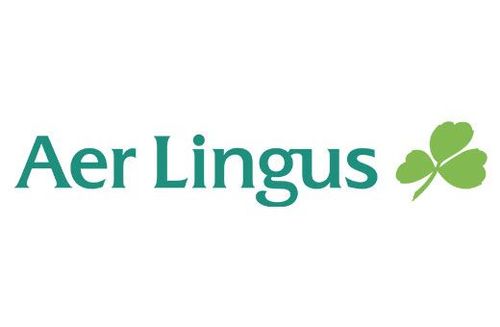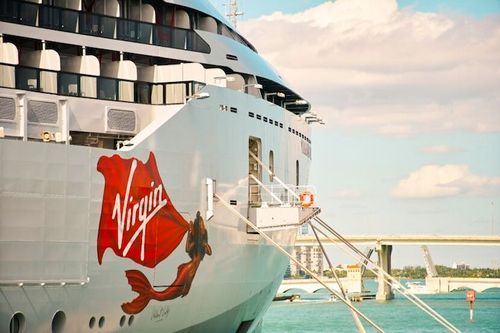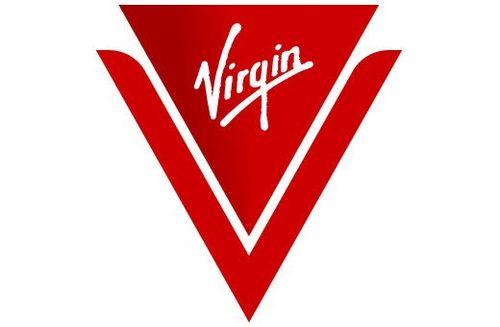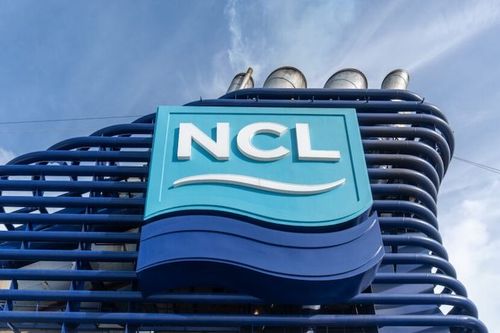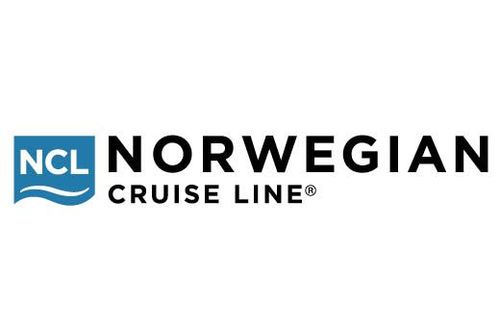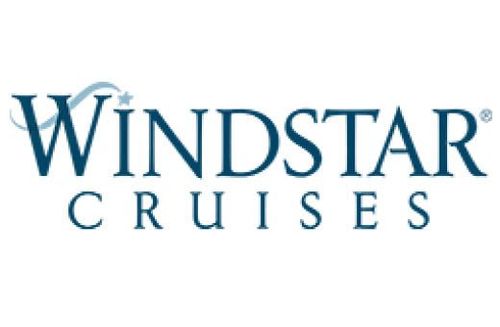Where travel agents earn, learn and save!
News / Business travel recovery stalls after spring performance surge
“The higher-end corporate [travel recovery] is stalled”
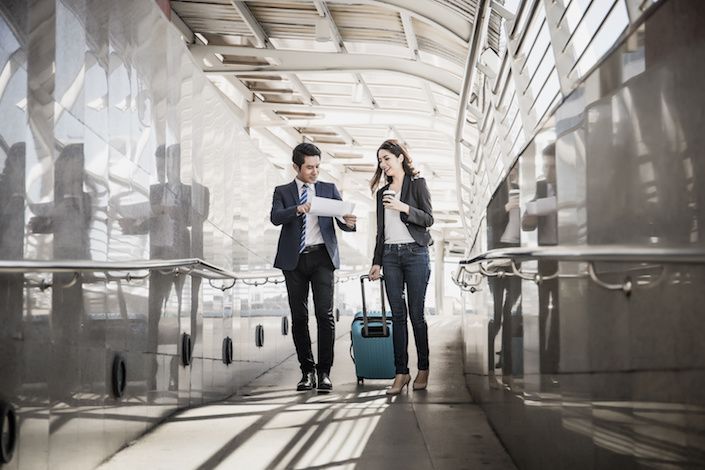
If you try to book a hotel room or reserve a flight these days, the prices are a clear indicator people are traveling.
The recovery adage in the hotel industry for much of the pandemic has been that leisure travel would bounce back first followed by corporate travel and then groups and conventions.
Leisure travel certainly rebounded the quickest, but there has been debate on if group travel — anything from social events like weddings to corporate meetings and retreats — might overtake business travel in the race to a full recovery.
The CEOs of travel companies like Hilton and Delta overwhelmingly spew optimism when it comes to their respective business travel outlooks, and data from the last few months suggest they aren’t entirely off the mark.
However, there is a risk of it turning into blind optimism.
“We’re seeing good pricing power for higher-end corporate travel and good recovery on demand for group travel and pricing for group travel,” said Patrick Scholes, managing director of lodging and leisure equity research at Truist Securities. “But the higher-end corporate [travel recovery] is stalled.”
Truist Securities noted the extraordinary corporate travel recovery momentum from winter into spring.
Bookings were down 65% from 2019 levels in January and improved to being only about 20% down in May. Though, they have been stuck at those levels since that time.
It’s usually impossible to fully decipher what exactly is deemed business travel, and analysts typically flag business travel as stays that take place during the middle of a week.
However, the Truist analysis went deeper using reservations analysis from data provider Tripbam, as well as conversations with hotel owners and managers, as well as executives at large travel agencies.
Airlines play a similar tune
It’s a similar business travel recovery story in the airline industry. Delta Air Lines reported domestic corporate sales in the second quarter were 20% off 2019 levels, but the company’s president Glen Hauenstein sees this as a sign the travel recovery has momentum.
“Our recent corporate survey results show positive corporate expectations for business travel in [the third quarter], with several of the least-recovered sectors conveying strong optimism for increased travel this fall,” Hauenstein said on an investor call this week.
“As the recovery progresses in these sectors, we expect an outsized impact on our coastal hubs.”
He expects international corporate travel to see gains because of the elimination of U.S. testing requirements on arrivals from abroad earlier this year.
“Our thesis is really what I outlined in my comments that, as we get toward the end of summer into the more traditional business travel season, that we’re going to see an uptick in corporate travel,” Hauenstein said.
“That’s been reinforced by a couple of surveys. The Delta survey, which really just closed last week, had some very encouraging statistics in that our customers are expecting that travel will pick up meaningfully as we get to the fall.”
Shifting strategy
The optimism around the business travel recovery doesn’t mean everyone is just sitting around waiting for things to go back to the way they were in 2019.
The numbers show Bill Gates was likely incorrect earlier in the pandemic that half of business travel was going to go away permanently, but a stall at 20% off pre-pandemic performance should make companies consider a new business strategy.
Several have.
IHG Hotels & Resorts unfurled a new plan for its business travel-oriented Crowne Plaza brand this week. The brand will still focus on business travelers, but it plans to broaden its appeal to a new era of remote work and people who work second jobs or have a side hustle.
IHG also plans to better position Crowne Plaza for the increasingly popular blended travel trend, where people have a mix of leisure and business purpose during a single trip.
Details are a little sparse on how everything will shake out, but Crowne Plaza does have a flexible room design aimed at remote work from a hotel room. A Skift report indicates additional design changes are in the works.
Hilton’s plan encompasses catering more to smaller businesses that don’t have the luxury of remote work.
These types of workers generally have to be on the road and can’t rely on Zoom calls to conduct business.
Business travel from these types of companies accounted for 80% of the business travel demand at Hilton prior to the pandemic.
However, Christopher Nassetta, the company’s CEO, indicated on an investor call last year a plan to boost that to 90% and have less exposure to special corporate clients, which are larger companies that negotiate special rates.
“Business transient will continue to move up,” Nassetta said last fall. “You’ll continue to see great strength in small and medium enterprises, which aren’t fully back to pre-COVID levels but are pretty close.”



